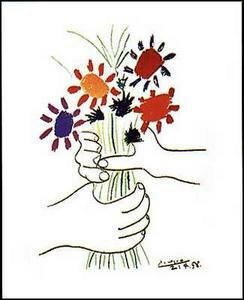 The side effects of cancer therapy will vary - depending on the individual factors such as age, and the therapies received, and just difference in how individuals metabolize and respond to the same drugs.
The side effects of cancer therapy will vary - depending on the individual factors such as age, and the therapies received, and just difference in how individuals metabolize and respond to the same drugs.
The effects can range from minor to severe; can be temporary, will often improve with time, but can also emerge late and persist as chronic conditions.
Late and Long-term effects can emerge from chemotherapy, radiotherapy, and surgery. Long-term effects may present early, while late effects can occur long after treatment has been completed.
"Keep in mind that not everyone who has cancer treatment gets each of the long-term or late side effects, and some people might not experience any aftereffects of treatment. Different chemotherapy drugs cause different late effects. So if you didn't take the chemotherapy drugs that can cause infertility, then you aren't believed to be at risk of that particular late effect.
Radiation and surgery will only affect the area of the body (the region) they're used to treat. So, for example, if you had radiation to a part of your body other than your head or neck, then you won't be at risk of cavities and tooth decay as a result of your radiation therapy." Mayo Clinic
Patient Perspectives on Recovery from Therapy
Susan on WebMagic writes:
We all recover and handle treatment differently. From my experience it took me about 6 weeks to sort of recover from R-CHOP but I was left with some joint pains that eventually went away after a few months.
...The stem cell transplant took me about 3 months to recover from it. I would say I did a lot of running around 2 months post transplant. My memory was an issue for about a year. I had a bunch of problems from RCHOP causing constipation and bladder issues but those eventually stabilized.
I think it is only normal to feel anxiety at the end of treatment. I felt during treatment at least something was being done to get rid of my disease and at the end of treatment I felt lost and fearful that nothing was being done for me. I was fearful of recurrence.
I think we all go through these feelings and eventually we learn how to cope with our new lives.